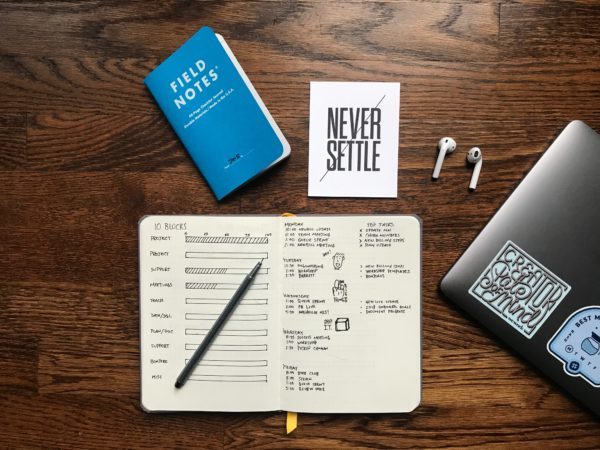5 tips For Veterans Who Are Transitioning Into A New Career
Achieving Goals, Career Discovery, Get That Job

As I’ve spent more time learning about the experiences of veterans, I’ve learned that one of the biggest challenges facing veterans is the transition into the civilian world and finding the right job or career post-service. Translating military experience to corporate job skills is a challenging task, but it is certainly possible. We see similar struggles with many of our clients who are making a drastic career transition. Here are five tips to support veterans transitioning out of the military to find a fulfilling and successful career.
 Rediscover who you are and what you have to offer.
Rediscover who you are and what you have to offer.
Take some time to reflect on who you are by considering your passions – the things that motivate you, your gifts – the skills you uniquely have that make you stand out, your values – what guides your behaviors and your purpose – how you want to make an impact. Then consider how you’ve lived these out in your military experience. What you did in the military will likely not be exactly what you’ll do in your upcoming job, but it can help to reframe your experience and identify the skills you’ve acquired throughout your service. O*Net, the Occupation Information Network and MOS Translator are great resources to help you identify the key skills from your military career and how you can translate it for the civilian world.
 Get clear with your goals.
Get clear with your goals.
“The world is your oyster, you can do anything!” Let’s be real, that’s not helpful right? The more specific and realistic the goals you set, the more likely you will reach them because it forces you to focus your energy. Setting a goal can also help you timebox yourself so you don’t get stuck in a rut of analysis paralysis figuring out what to do next. If you figured out that landing a role in marketing within 6 months is your goal, you can start right away looking at what skills are needed in marketing and identifying which skills translate. This article can help you set meaningful and impactful goals that you stick with.

 Refine your story for future employers.
Refine your story for future employers.
Everyone loves a good story and it’s how we connect at the human level. In an ideal world, employers would be able to make the connection between your military experience and roles they are hiring for on their own. In reality, they might not have time to think it through or don’t understand it will enough to make those connections. Take time to reflect on the value of your service, the skills you’ve picked up, how those skills match up with the job and how you decided this is the career you want to pursue. Be careful when you are in interviews to avoid acronyms and that you explain any relevant context for the interviewer to be able to understand your story. Focus on how your experience has prepared you for this position in particular.
![]()
 Don’t ignore the emotions you are feeling during this transition.
Don’t ignore the emotions you are feeling during this transition.
Leaving the military can feel like you are losing your identity because this was who you were 24/7 for many years. Letting go is challenging for anyone, so losing your identity abruptly can affect your self-esteem and self-worth. Make sure you seek professional support if you are particularly struggling with the emotional aspects of this transition. A coach can be a great resource and will work with you to identify what you might be losing, what will stay the same and what you are taking with you to the next part of the journey. They can be a sounding board for you and change the focus to what you’ve lost to thinking about what is possible in the future.
 Create structure and an accountability strategy.
Create structure and an accountability strategy.
You’ll want to create a regimented way to approach the job search. The goals you’ve set in step two are only as good as your accountability structure to help you follow through with them. It’s easy to get discouraged or distracted during a job search because it can be a long grueling journey. This article will help you practice self-care during the job search, and this one will help you bounce back if things don’t go exactly as planned. You’ve learned how to be resilient when you served; you can do this! Additionally, we’ve created a program, The ALV Method, to take you step-by-step through this process if you are looking for more tailored and high-touch support.

This list is just a start for your journey; like any good journey, there will be ups and downs, wins and losses. We are confident that your service has prepared you to not only navigate this journey like a pro but to also be a massive success as you start this new chapter in your career. If this post has sparked some other questions, and you’re interested in talking through them, book your complimentary consultation with an ALV coach here.


